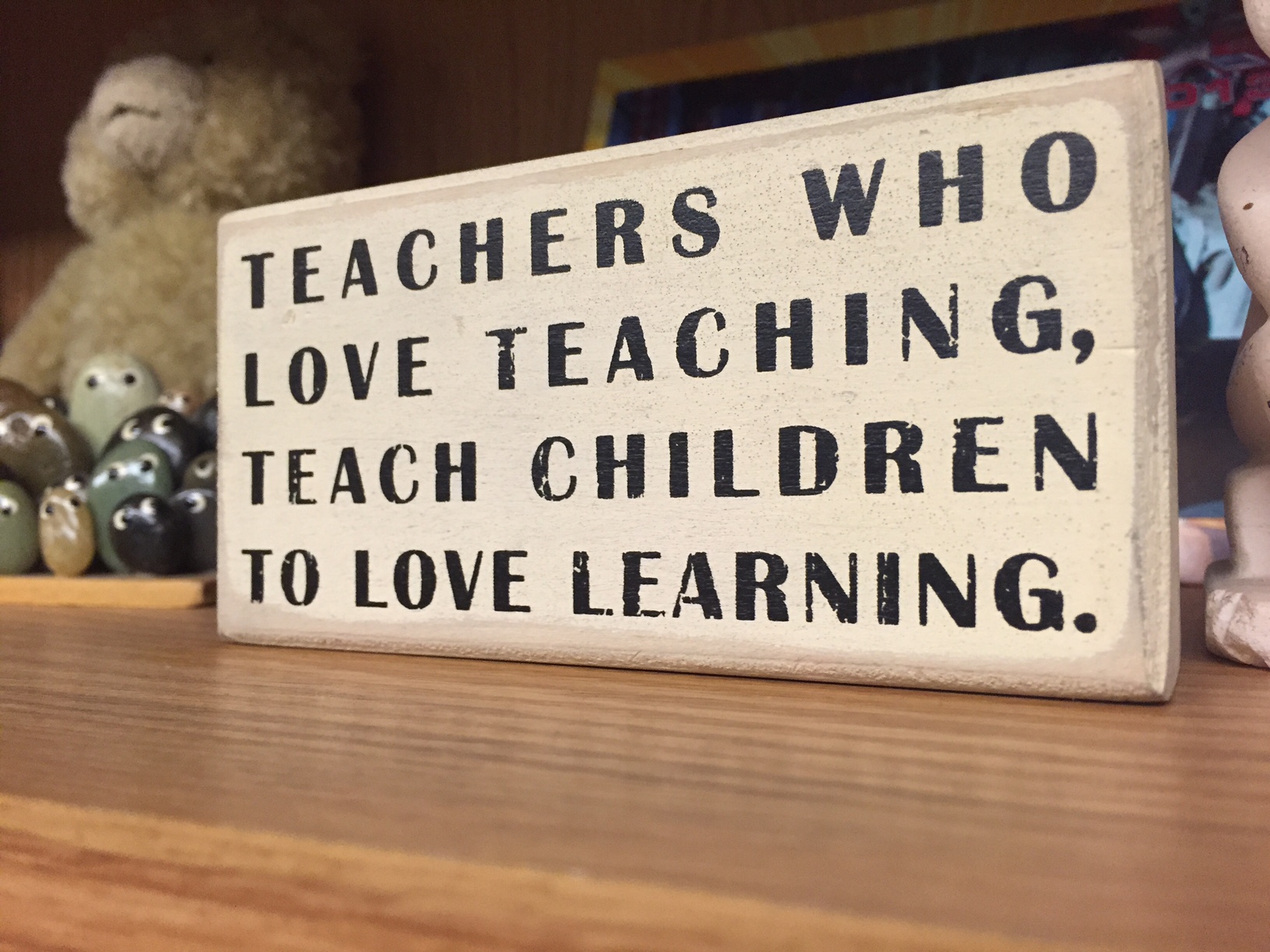When districts trust teachers to make decisions about curriculum, assessments, staffing and budgets, we can create better educational options for our communities. We know what our students need, and we should have the flexibility to deliver instructional content in ways that best meet evolving needs. As a National Board Certified teacher who came back to teach in the Latino working class community I grew up in, I know this.
I’m fortunate to teach at one of the few pilot schools in the Los Angeles Unified School District. Pilot schools are part of the public school choice policies that the district has been implementing over the past six years to improve underperforming schools and to open new schools in areas that have overcrowded classrooms.
My colleagues and I became involved in pilot schools because we experienced difficulties with a leadership change at the school I taught previously. I worked with a tightly knit team that emphasized getting students to apply their knowledge creatively in and outside of the classroom. Then our supportive and experienced principal retired at a time when we were hit with budget cuts.
A new principal who had a different philosophy about what teachers should be doing in the classroom, was assigned to the school. This new principal placed a greater emphasis on test preparation to the point where teachers were spending the entire second semester teaching students to take standardized tests.
A Different Vision
Since my colleagues and I did not agree with the premium the new leadership placed on testing, we decided to write a plan for a pilot school through the public school choice process. The LAUSD policies during that time empowered teachers to create solutions to educational problems we faced. We were also held accountable for our work.
Lucille Roybal-Allard Elementary School in Huntington Park, California, was borne out of our effort to have a school that was more focused on authentic literacy, not testing, for our community. We created a school that emphasizes collaborative learning and a higher-order curriculum aligned to the Common Core State Standards. We wanted to focus on teaching low-income students to think critically, so it won’t matter what kind of test they encounter.
We created a program that instructs students in pre-K through sixth grade to become proficient in both Spanish and English. Our school is different from a lot of other local ones because we have a longer school day, see parents as partners and have health and human services staff to round out a more holistic approach to elementary education.
Holding Teachers Accountable
Our school is completely teacher led. We make decisions on staffing, the budget, the curriculum and assessments as a team.
Teachers at our school are still represented by United Teachers Los Angeles, even though the union leadership hasn’t been as supportive of the pilot school concept as many of its members have been. Every year teachers sign an “elect-to-work” contract, requiring them to put in more hours on the job and to participate in supplementary training.
If a teacher isn’t a good fit for our school and does not meet his contractual requirements, that teacher will not be re-hired. Our principal has the same contract as well, so everyone is held accountable by the teacher-led staffing committee at our pilot school.
Every year all teachers in our school review contracts to decide what changes need to be made to make sure that we are bringing on staff who can perform.
Students and parents notice the difference in our school. Teachers feel empowered to decide who we want to have on our team, whereas at my previous school, we had little power. Staff morale is high because we have a collaborative environment that emphasizes shared governance.
This is the kind of high-quality public school that all children in public schools deserve.
Cecy Equihua
Equihua has a bachelor’s degree in liberal studies with a minor in Spanish from California State University, Long Beach and her teaching credential from California State University, Dominguez Hills. She received a master’s degree in educational leadership and an administrative credential from California State University, Northridge


Lisa Robles
Nice article, Cecy! LRA is a special place.